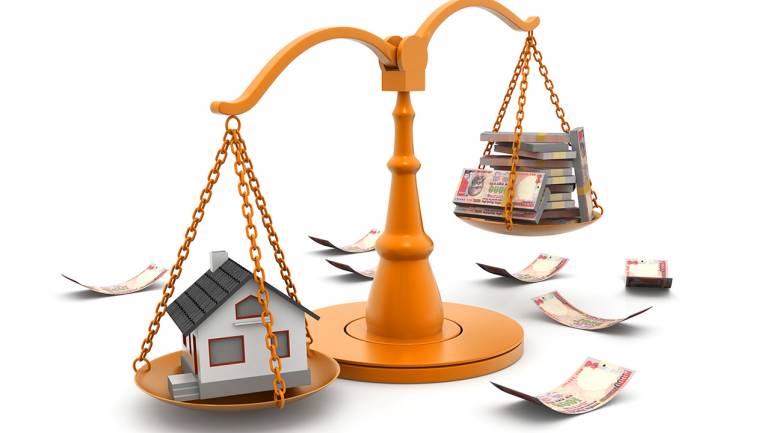The Indian government has for years now promoted home ownership through government schemes and home loan tax benefits. Government housing schemes, such as the Pradhan Mantri Awas Yojana (PMAY), Haryana Housing Board Scheme, Maharashtra Housing Board Scheme, etc., aim to aid middle and lower-income groups purchase homes.
Home loan tax benefits, on the other hand, allow homebuyers from all sections of society to benefit from their home loans. This article focuses on home loan tax benefits available to homebuyers in India.
Home Loan Tax Benefits Under Section 80C
One can also claim home loan tax exemption on payments made towards the repayment of the principal component of one’s home loan under Section 80C. Further, this section also covers home loan tax exemption on stamp duty and registration charges paid.
However, the maximum limit under this section is capped at Rs. 1.5 Lakh. Taxpayers should also know that if they sell their home within 5 years of availing of the home loan and buying the property, the tax benefit they had claimed under Section 80C gets reversed and added as income in the year the sale was made.
Home Loan Tax Benefits Under Section 24b
Unlike Section 80C of the Income Tax Act, which deals with several different tax-saving instruments, Section 24b of the Income Tax Act covers only home loan interest deduction.
The maximum home loan tax exemption that one can claim under this Section is capped at Rs.2 Lakh. If you have more than one home loan, you can claim tax benefits on all the loans. However, the maximum amount that you can claim under this section cannot exceed Rs.2 Lakh in the case of self-occupied properties.
In the case of properties rented out, one can claim a home loan interest deduction on the entire amount repaid towards the repayment of the interest component of one’s home loan.
For under-construction properties, borrowers cannot claim home loan tax exemption on the interest component of their loan while the property is still being constructed. However, they can claim tax deductions after the construction on their property is complete.
This home loan tax benefit can be claimed in five equal instalments spread over 5 years. However, home loan interest deduction on interest paid before and after construction combined cannot exceed Rs.1.5 Lakh in any given financial year.
Home Loan Tax Benefits for Joint Home Loans
If you have low home loan eligibility and wish to be considered for a higher loan amount, you can consider applying for a home loan along with your spouse or a close family member. For joint home loans, lenders decide the loan amount to be sanctioned based on the combined income, repayment capacity and creditworthiness of all the loan applicants.
Thus, in the case of joint home loans, borrowers are generally sanctioned a higher loan amount and better loan terms and conditions. Further, for joint home loans, homebuyers can claim tax benefits separately under both Section 80C and Section 24b.
Thus, if a couple avails themselves of a home loan together, they can each claim home loan tax benefits separately up to Rs.3.5 Lakh under Section 24b and Section 80C.
Final Words
A home loan not only simplifies the process of buying a home but also makes it possible for homebuyers to reduce their tax liability each year. Apart from the various home loan tax benefits mentioned above, first-time homebuyers can also claim additional tax benefits under Section 80EE and Section 80EEA of the Income Tax Act, provided they meet the eligibility criteria mentioned.
If you are planning to avail yourself of a home loan or are already repaying one, read extensively about the various home loan benefits available to you and how you can make the best use of these benefits.





